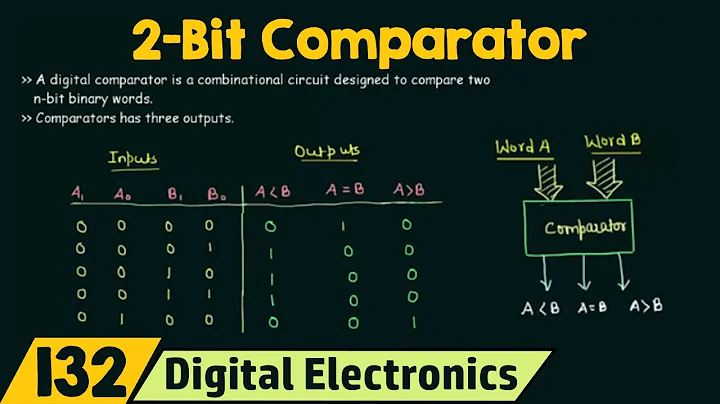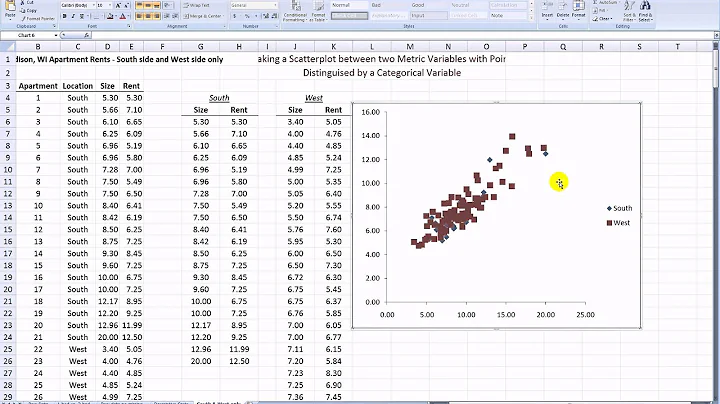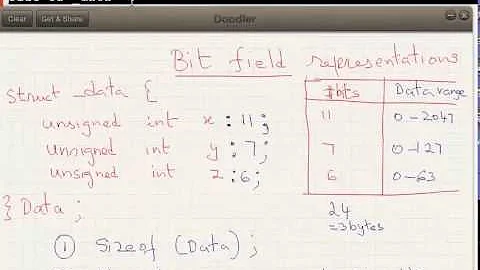2 bits size variable
Solution 1
You can use something like:
typedef struct {
unsigned char SixBits:6;
unsigned char TwoBits:2;
} tEightBits;
and then use:
tEightBits eight;
eight.SixBits = 31;
eight.TwoBits = 3;
But, to be honest, unless you're having to comply with packed data external to your application, or you're in a very memory constrained situation, this sort of memory saving is not usually worth it. You'll find your code is a lot faster if it's not having to pack and unpack data all the time with bitwise and bitshift operations.
Also keep in mind that use of any type other than _Bool, signed int or unsigned int is an issue for the implementation. Specifically, unsigned char may not work everywhere.
Solution 2
It's probably best to use uint8_t for something like this. And yes, use bit fields:
struct tiny_fields
{
uint8_t twobits : 2;
uint8_t sixbits : 6;
}
I don't think you can be sure that the compiler will pack this into a single byte, though. Also, you can't know how the bits are ordered, within the byte(s) that values of the the struct type occupies. It's often better to use explicit masks, if you want more control.
Solution 3
Personally I prefer shift operators and some macros over bit fields, so there's no "magic" left for the compiler. It is usual practice in embedded world.
#define SET_VAL2BIT(_var, _val) ( (_var) | ((_val) & 3) )
#define SET_VAL6BIT(_var, _val) ( (_var) | (((_val) & 63) << 2) )
#define GET_VAL2BIT(_var) ( (_val) & 3)
#define GET_VAL6BIT(_var) ( ((_var) >> 2) & 63 )
static uint8_t my_var;
<...>
SET_VAL2BIT(my_var, 1);
SET_VAL6BIT(my_var, 5);
int a = GET_VAL2BIT(my_var); /* a == 1 */
int b = GET_VAL6BIT(my_var); /* b == 5 */
Related videos on Youtube
YAKOVM
Updated on September 15, 2022Comments
-
YAKOVM over 1 year
I need to define a struct which has data members of size 2 bits and 6 bits. Should I use
chartype for each member?Or ,in order not to waste a memory,can I use something like:2\:6notation? how can I do that? Can I define a typedef for 2 or 6 bits type?
![#37 [C++]. Toán Tử Bit Trong C++ | Bitwise Operators](https://i.ytimg.com/vi/sfa7X7TnBzk/hq720.jpg?sqp=-oaymwEcCNAFEJQDSFXyq4qpAw4IARUAAIhCGAFwAcABBg==&rs=AOn4CLDlCBxhDGmuUYVrO-QERCFWAenlnA)












